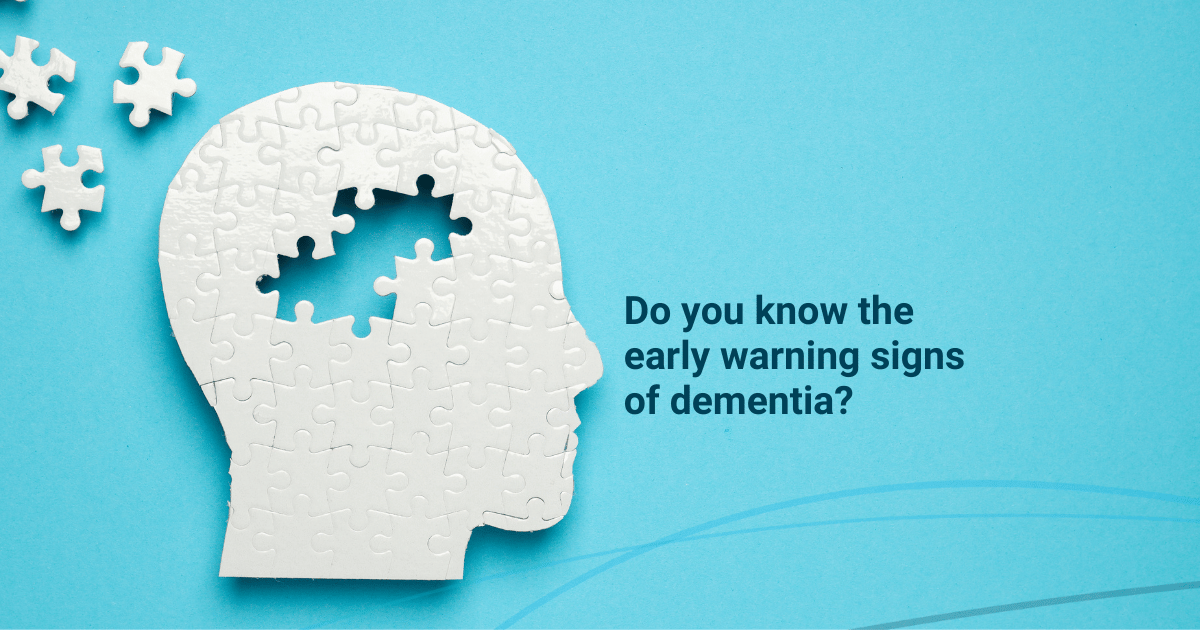
7 minute read
Dementia in rural Australia
What’s in this article
Here we explore the high rates of dementia in rural Australia. We also look at the early warning signs of dementia and how mental exercise can help strengthen the brain and lower your risk.

People in regional and rural communities of Australia are three to five times more likely to develop dementia. It’s a prevalent health issue and something that researchers from the University of South Australia are trying to better understand – with the hope of finding out how to reverse these unfortunate statistics.
The challenges of preventing and managing dementia for rural Australians
There is currently little known on how to prevent and manage risk factors for people outside cities. The known modifiable risk factors (things you have control over), such as diet, social isolation and exercise, can be more difficult to manage because of the realities of rural and regional life.
For example, distance and geographic isolation make it harder to socialise or join groups and classes. Gyms may be few and far between, and access to safe footpaths for exercise aren’t always available the further you get from cities. These are just some examples of why city-based solutions won’t necessarily work for people living in rural and regional areas.
Solutions that address the nature of rural and regional life need to be tailored to people living in these areas. One aim of the research by the University of South Australia is to co-design a toolkit aimed at extending healthy life and delaying dementia onset in Australians living in rural and regional areas by getting input from people who actually live in these locations.
Additionally, lack of access to medical care, both for diagnosis and the management of dementia, can also make things more challenging in rural and remote Australia.
Understanding dementia
Dementia is a brain condition that can happen at any age, but it is much more common in people over the age of 65. It covers a number of different medical conditions, such as Alzheimer’s disease, Lewy Body dementias and Vascular dementia, among others.
It is not a normal part of ageing and there is no known cure. However, understanding the early warning signs for early diagnosis, support and the treatment of symptoms can help manage the condition.
Dementia involves a marked decline in thinking, memory, behaviour and mood that gets worse over time. The symptoms of dementia can vary from person to person. Knowing the early warning signs is important for diagnosis and improved chances for timely management.
Possible early warning signs of dementia
If you notice any of the changes listed below, talk to your doctor, as they may be early signs of dementia or symptoms of another health condition:
• Memory loss, for example, forgetting things you used to easily remember, like names and numbers, finding it hard to remember new things, becoming more repetitive, like asking the same question many times, or misplacing items more than usual.
• Having trouble doing familiar tasks, for example, preparing a meal you are used to cooking or getting lost in the middle of a task, such as housework.
• Being confused about time or place, for example, being confused about what time or day it is, or forgetting how to find your way to a familiar place.
• Having trouble with language, for example, forgetting simple words or misunderstanding what someone is saying or has written.
• Having more than usual trouble with abstract thinking, for example, confusing directions of east and west or understanding numbers and what to do with them.
• Unusual change in personality, for example, mood swings or becoming suspicious, withdrawn, confused or less inhibited with people.
• Loss of initiative, for example, neglecting housework or personal hygiene, or socialising less with friends and family.
For more information on the early warning signs, Dementia Australia is a useful resource. There is also The National Dementia Helpline that is available 24 hours a day on 1800 100 500 which provides expert information, support and advice.
Preventing dementia through mental exercise
Some factors of developing dementia are out of your control, such as family history and age. But by taking good care of your brain, you may help lower your risk. There are many ways in which you can take good care of your brain. One of the simplest ways can be done in your own home, no matter where you live in Australia, and that is mental exercise.
Mental exercise helps create new brain cells and makes the connections between them stronger. Mental exercise involves doing a mix of activities that are challenging and interesting to do. The options are many, but just some mental exercises you can consider are:
• Taking a course
• Learning an instrument
• Painting
• Reading
• Playing games such as puzzles or crosswords
• Cooking
Research shows that the brain can learn, adapt and change even at an older age, so it is important to be open, and try to find some activities you enjoy. It is never too late to try something new. Mental exercise does not guarantee that it will prevent dementia, but it is one way that will contribute to making your brain as strong as it can be.
Jade Newnham is an accredited health and wellness coach (with HCANZA) specialising in mental fitness. Jade is also a registered mindfulness, meditation and breath work teacher (with Meditation Association of Australia). Her work and educational background includes Public Health at state level and she is currently undergoing accreditation in Lifestyle Medicine.
Related articles



